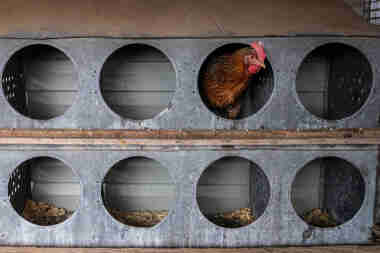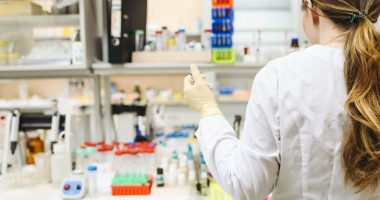Interdisciplinary Research Could Lead to New Targeted Treatments for Rheumatoid Arthritis ( news.cuanschutz.edu )


By mulling over colliding bubbles on a cosmological scale, physicists are finding cause for speculation about fresh sparks of cosmic creation. It is possible, they say, that in the weeks after the big bang there was a second, similarly profound moment of transformation. This one may have spawned monstrous shadow particles...
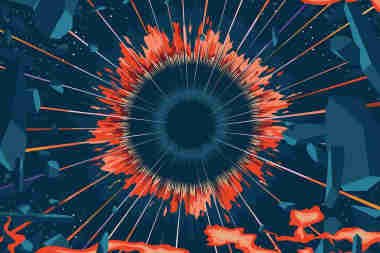

Researchers who recorded direct neural signals from people listening to “Another Brick in the Wall” have reproduced a recognizable version of the song from the neural data.
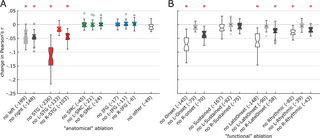
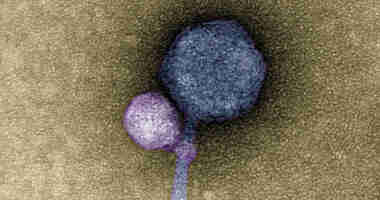
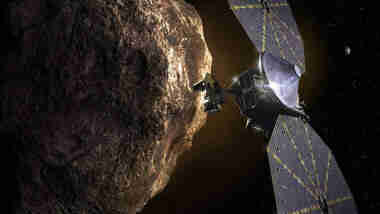
r/science



It's worth noting that the correlation held for total red meat consumption along with considering just processed red meats and unprocessed red meat separately...

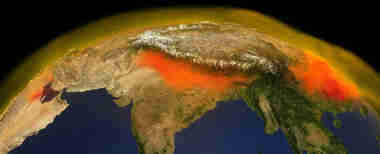
"The authors proposed three universal concepts of selection: the basic ability to endure; the enduring nature of active processes that may enable evolution; and the emergence of novel characteristics as an adaptation to an environment."
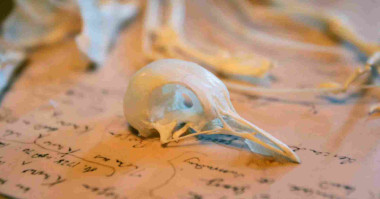
Startups are harnessing the fast-growing “roots" of mushrooms for sustainable alternatives to leather, packaging, building materials, and meat. Mycelium's versatility makes it a prime candidate to displace many harmful mainstream materials — especially for a more conscious future. However, scaling production and costs still...
A team of scientists is proposing a new explanation for some cases of long Covid, based on their findings that serotonin levels were lower in people with long Covid. They said that the biological pathway that their research outlines could unite many of the major theories of what causes long Covid: lingering remnants of the...
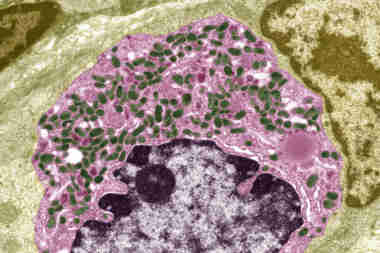




As deadly heatwaves become more common, researchers are studying what the human body can tolerate.
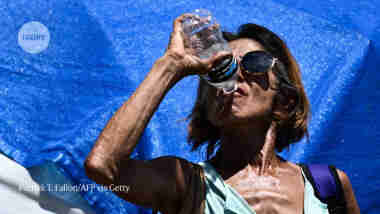
Human voices evoke more fear among animals living in the South African savanna than do snarls from lions. Researchers set up speakers near 21 water holes, which played one of several sounds when triggered by animal movement. When they heard humans, giraffes, leopards, elephants and 16 other species were twice as likely to run as...

Climate-driven extreme heat may make parts of Earth too hot for humans. A study findings revealed that a rise of 2 degrees Celsius above preindustrial levels would subject the 2.2 billion inhabitants of Pakistan and India’s Indus River Valley, the one billion individuals in eastern China, and the 800 million residents of...
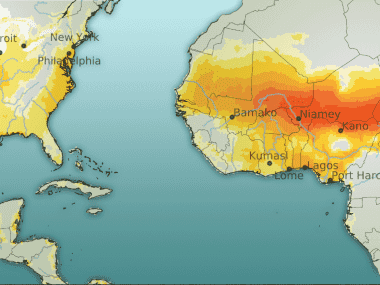
Scientists Use CRISPR to Make Chickens More Resistant to Bird Flu. Avian flu has killed countless farmed and wild birds. Scientists worry that it could acquire mutations that help it spread more easily among humans, potentially setting off a pandemic. This new study highlights both the promise and the limitations of gene editing
